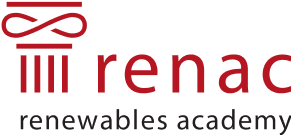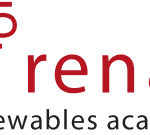This website uses cookies so that we can provide you with the best user experience possible. Cookie information is stored in your browser and performs functions such as recognising you when you return to our website and helping our team to understand which sections of the website you find most interesting and useful.
Projects
Filter and search
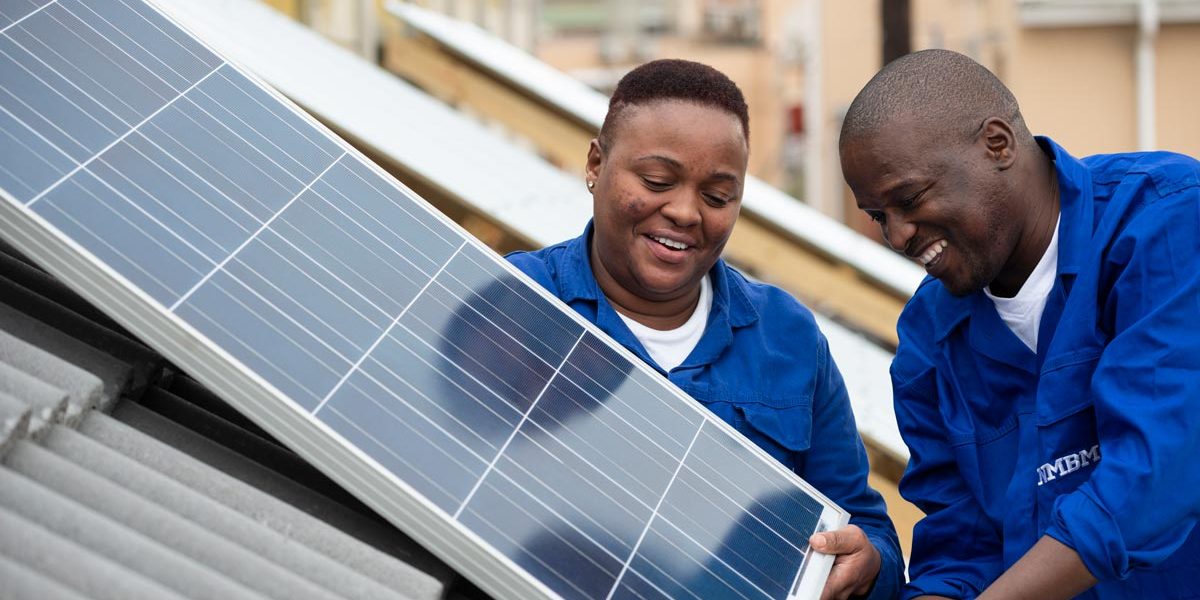
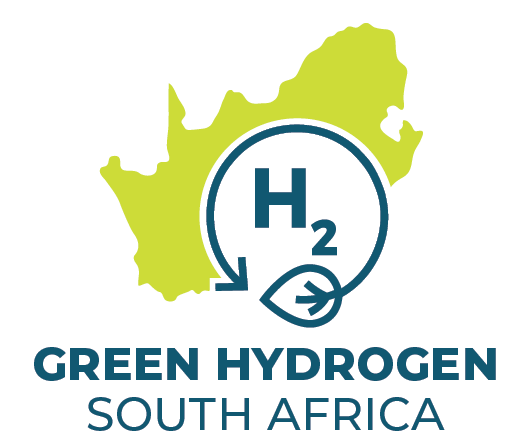
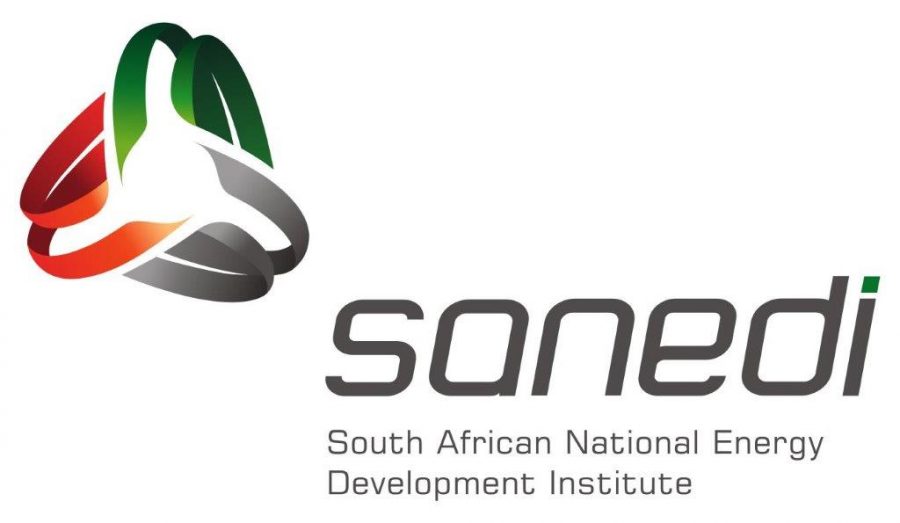
Client
Services
Target groups
Target countries
Dates

Client
Services
Target groups
Target countries
Dates
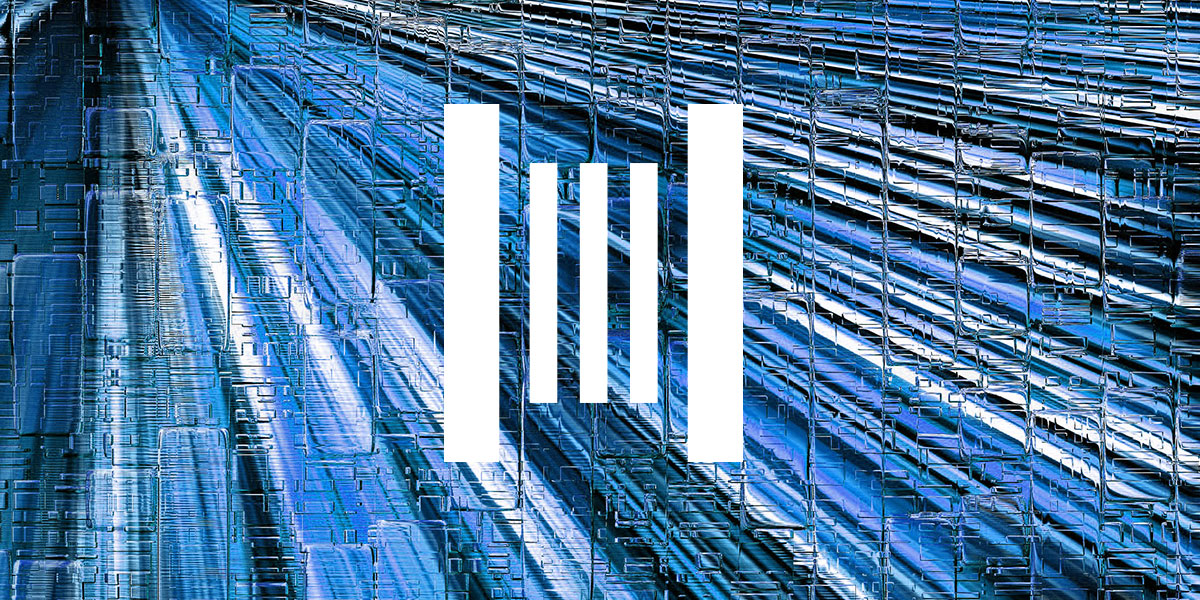

Client
Services
Target groups
Target countries
Dates
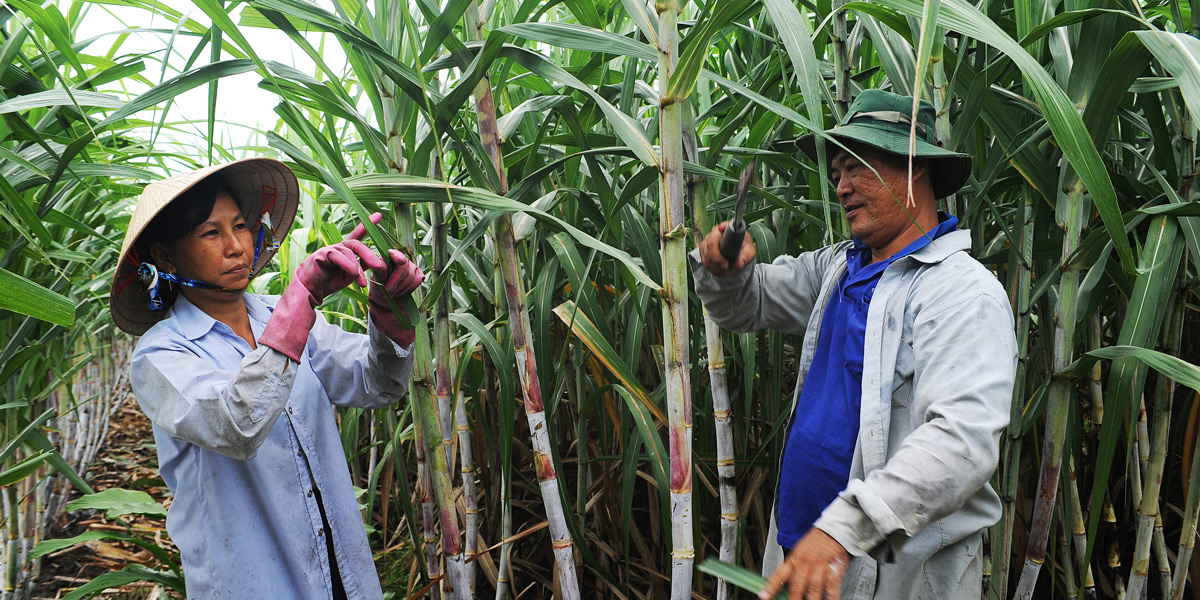
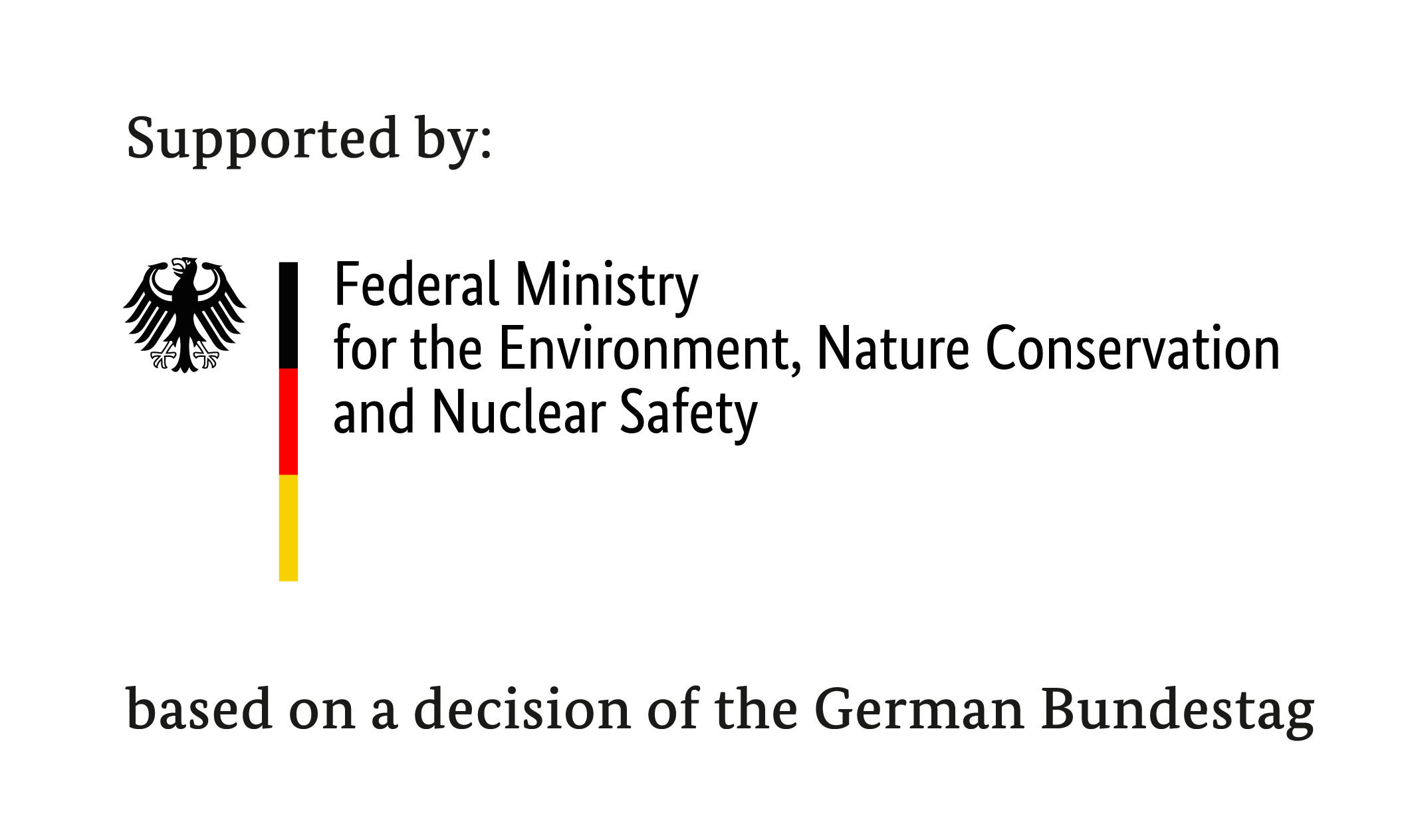
Client
Services
Background
Vietnam is facing a huge increase in energy demand. In addition to the challenge of ensuring a reliable and secure power supply, the share of renewable energies (RE) is supposed to contribute 6.5% to the national power system in 2020 and 10.7% in 2030, according to government plans. CO2 emissions are targeted to be reduced by 8% (alone) – 25% (with ODA) through increased use of RE in power and heat generation, among other measures.
Vietnam has great potential for bioenergy. The country’s abundant biomass resources, such as bagasse, rice husks, wood residues, and other agricultural/industrial byproducts, are predestined to serve as important vectors on the country’s path to a carbon-neutral future. To date, only a comparatively small portion of Vietnam’s estimated nearly 60 million tons of biomass residues are used for energy. There is, however, still a lack of capacity to increase the use of biomass energy for electricity or cogeneration.
Target groups
Target countries
Dates
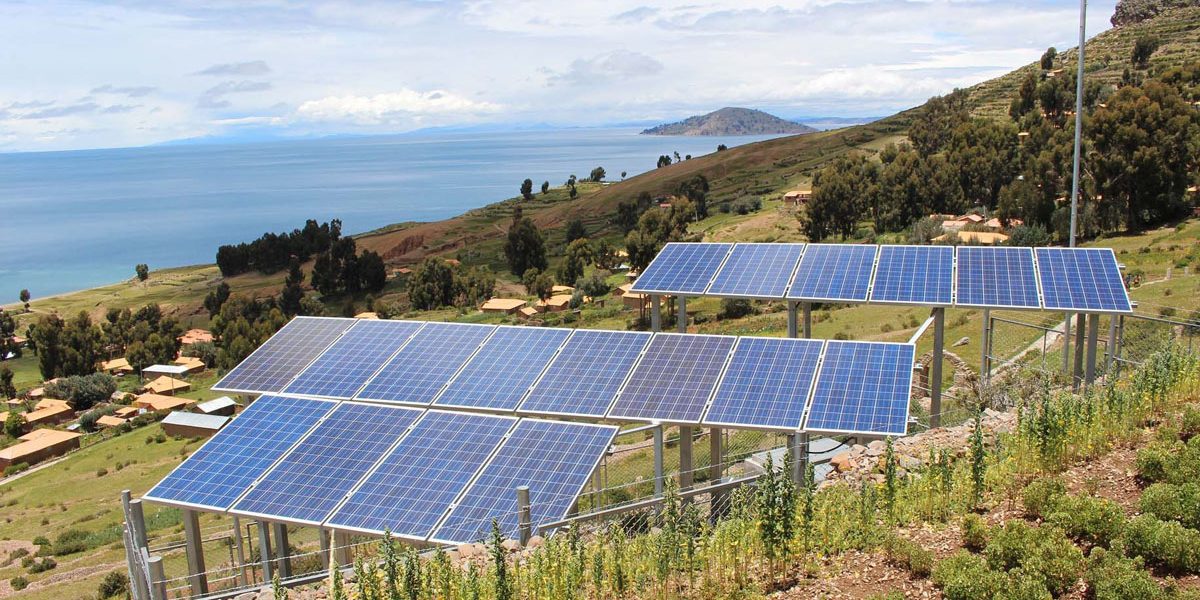
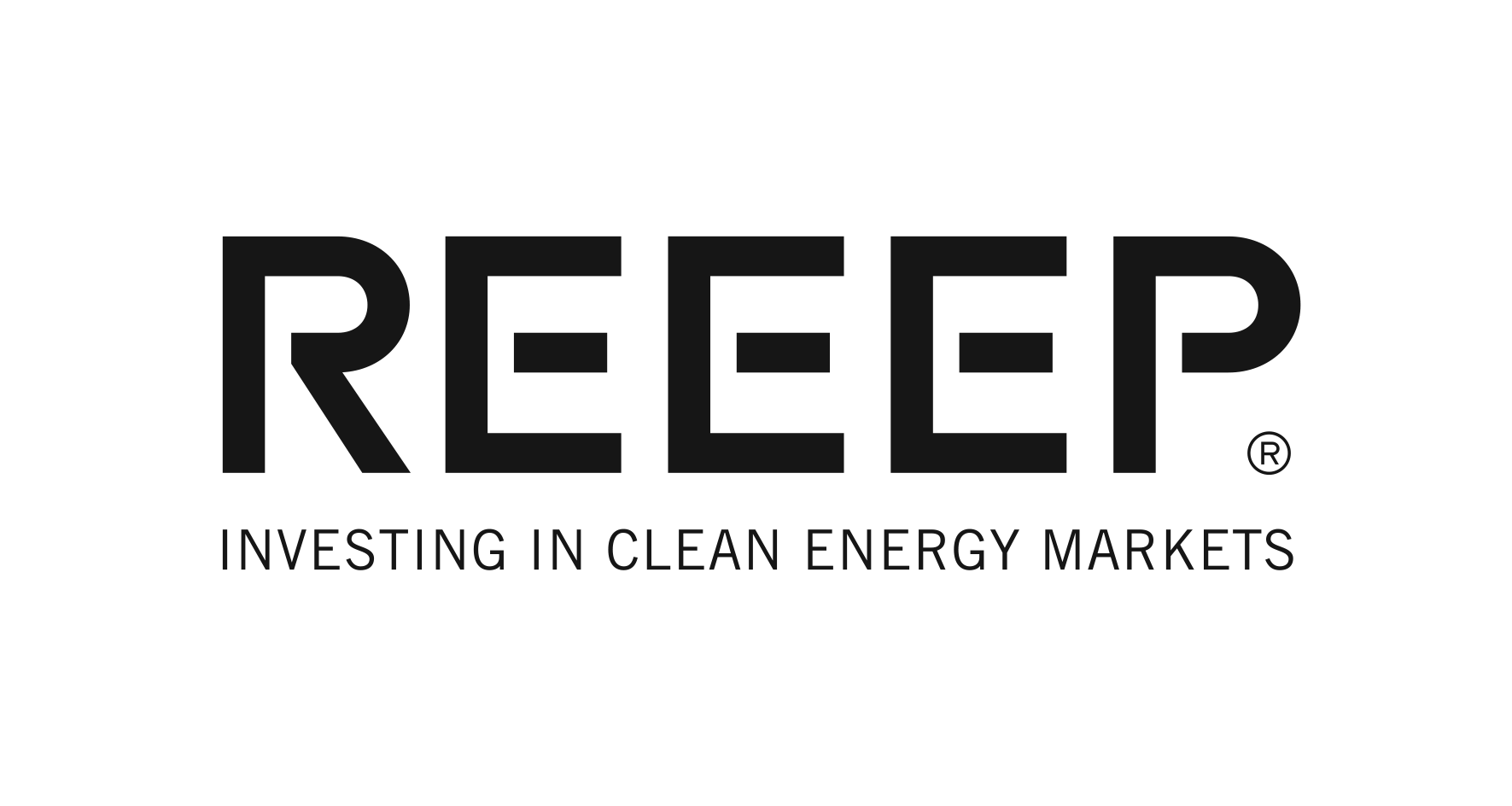
Client
Services
Target groups
Target countries
Dates
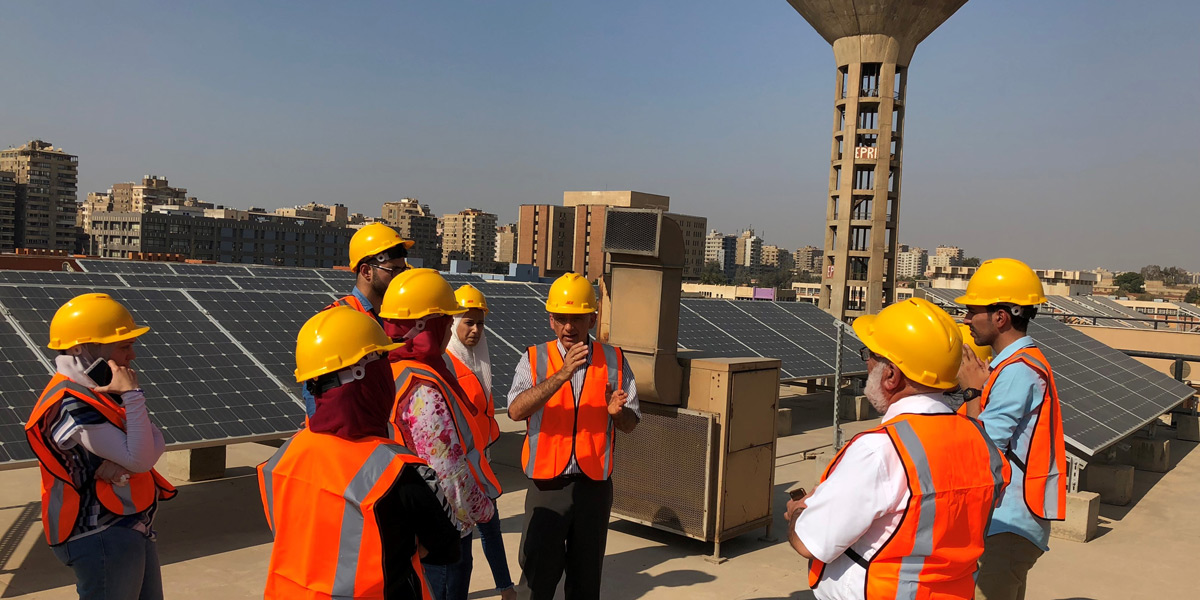

Client
Services
Background
Take a look at the fruitful project outcomes: GIZ PV Success story book.
Target groups
Target countries
Dates
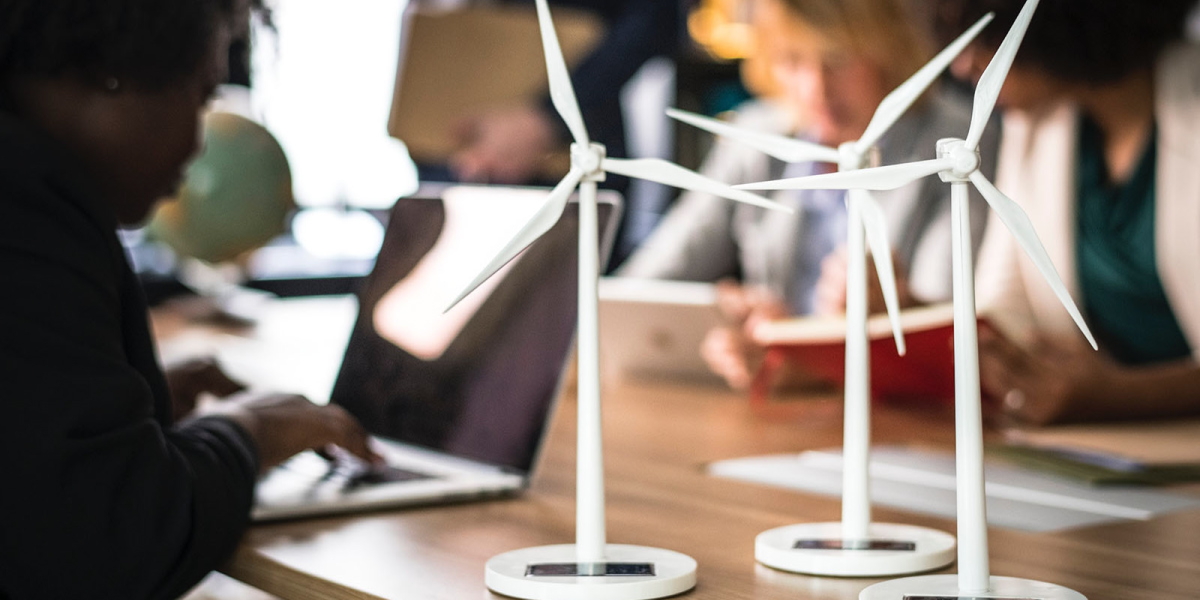

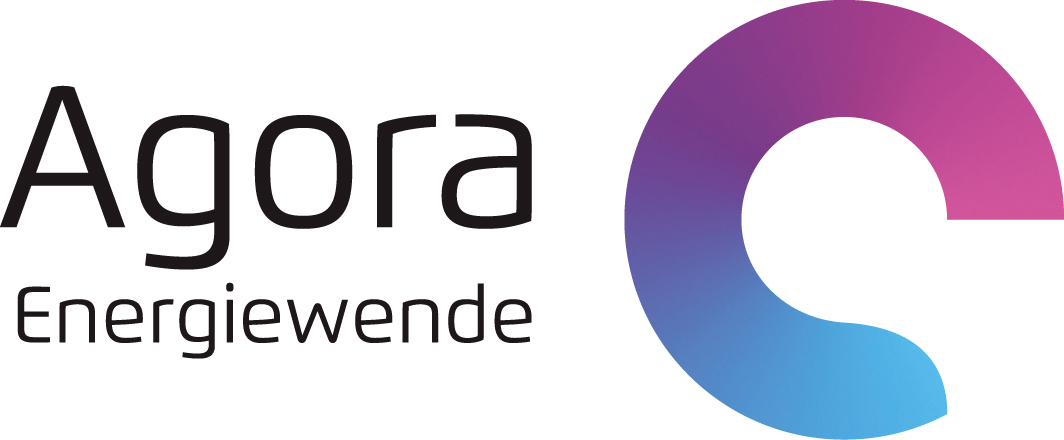
Client
Services
Target groups
Target countries
Dates
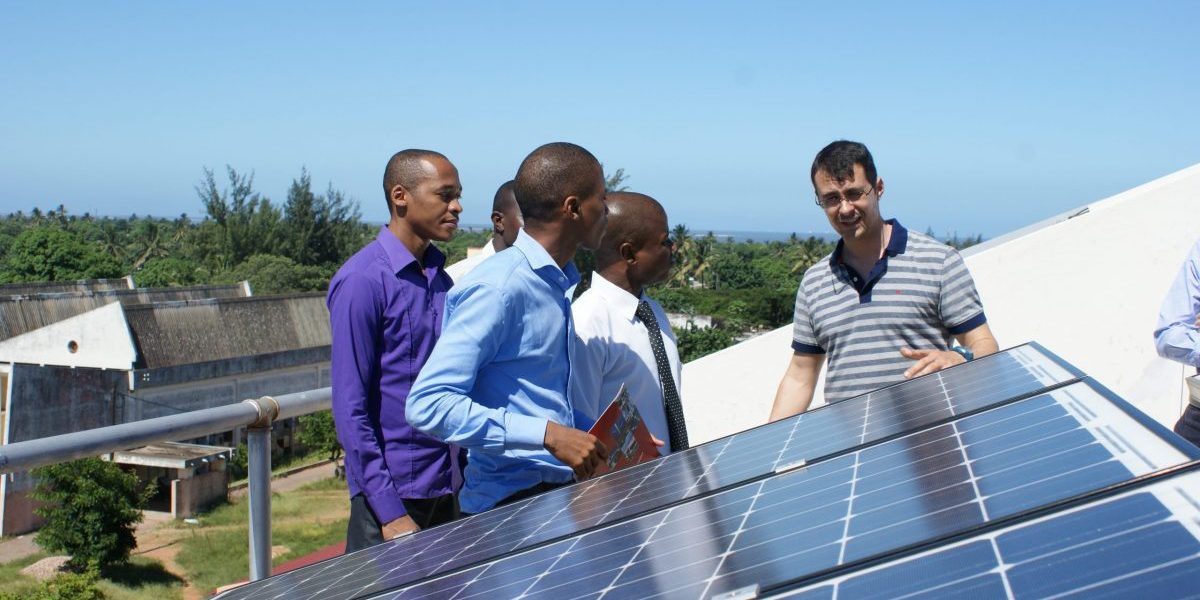
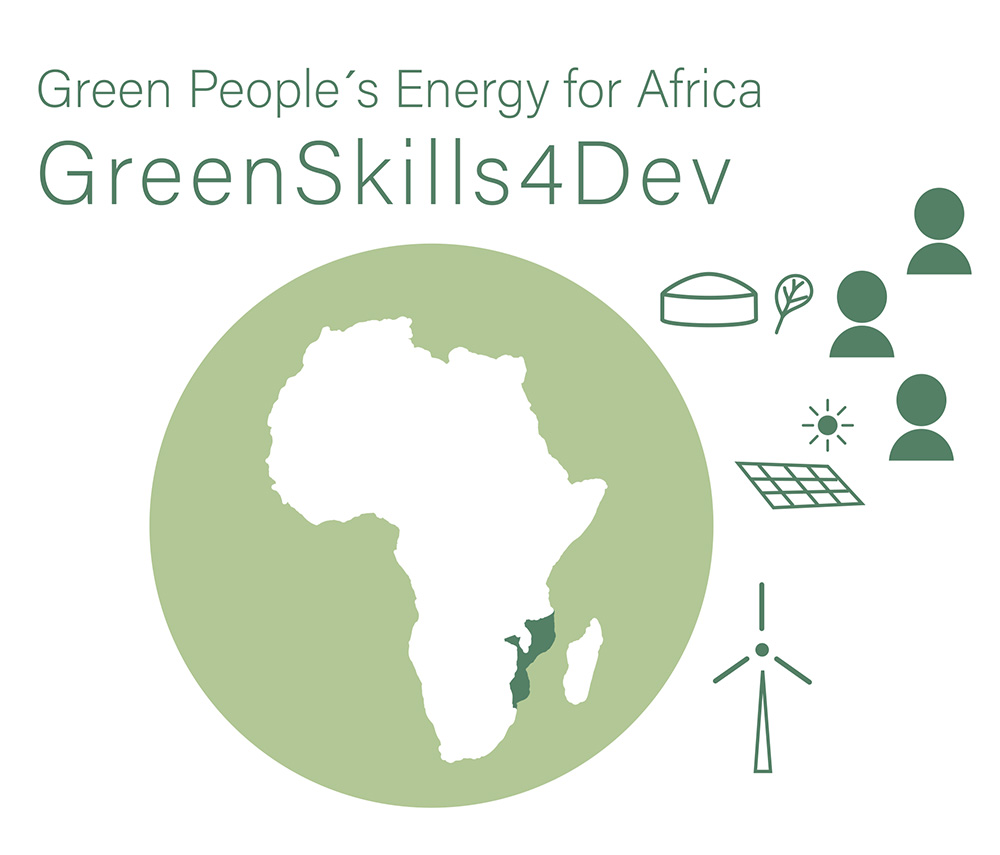
Client
Services
Target groups
Target countries
Dates
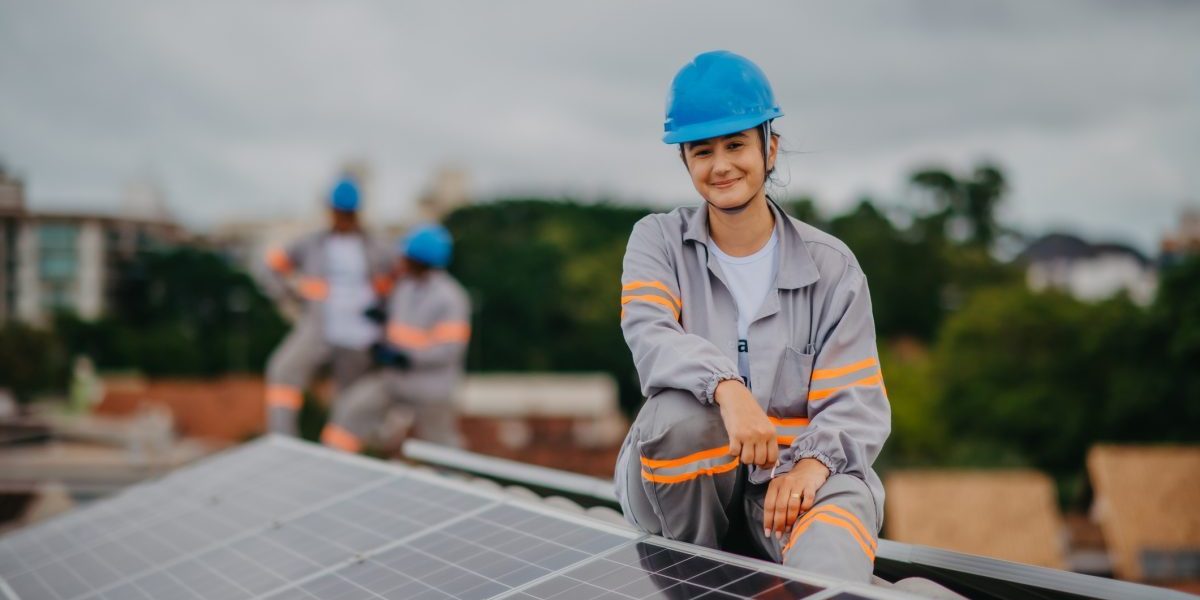
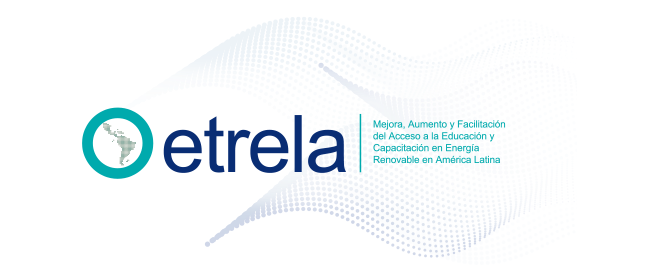
Client
Services
Target groups
Target countries
Dates
© 2024 | Renewables Academy (RENAC) AG
